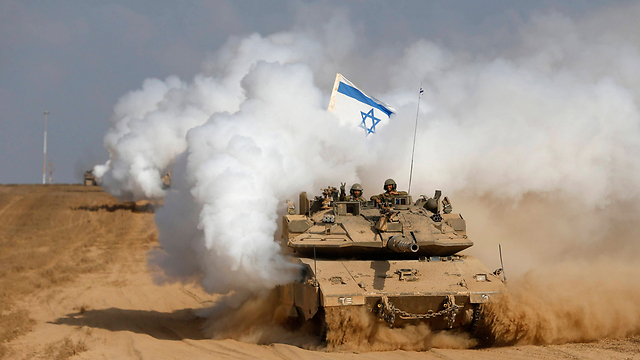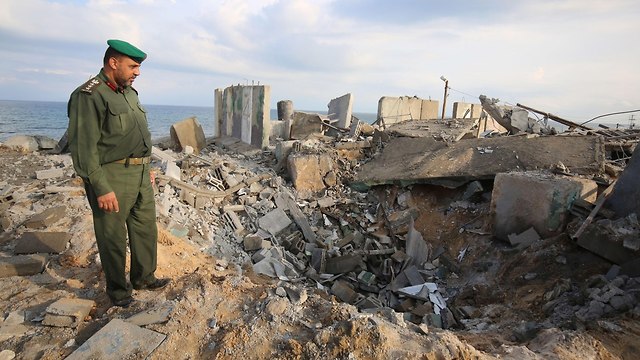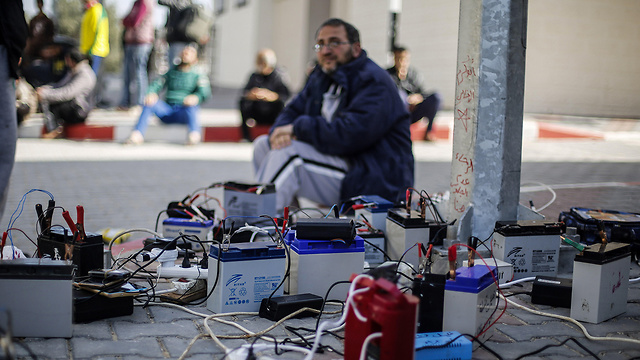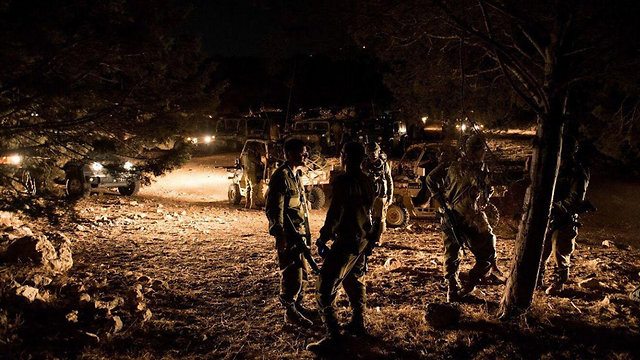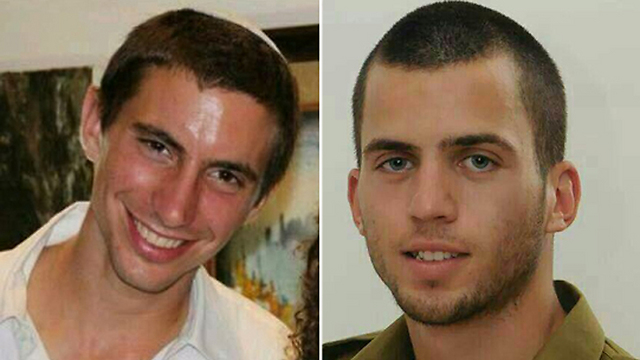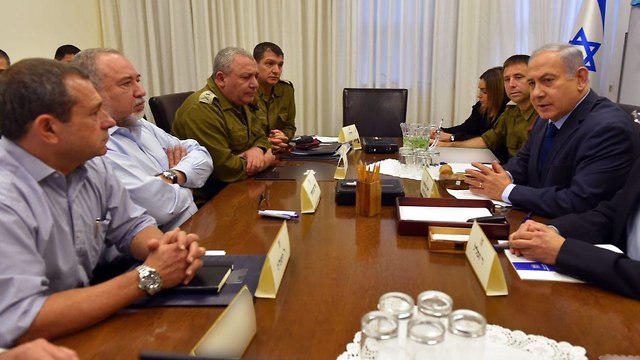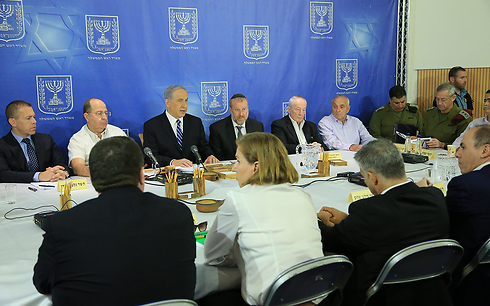
Five years after last Gaza war, it's time for Israel to rethink its strategy
Analysis: There are still many lessons to be learned, and the government especially should not wait for the next violent escalation to find a better strategy for the Hamas-run Strip; maybe it is time to recognize it as an independent state
There are four lessons to be learned from the last Israeli war with Hamas (Operation Protective Edge), which began exactly five years ago.
The lessons cover strategy and the operational framework, and even touch on concrete issues like the return of soldiers' bodies.
Israel's policies towards Gaza had not changed in the eight years before Protective Edge, and certainly not since. We can call this policy simply "maintaining the status quo."
This means Israel will continue to suffer from burning kites, and daily harassment along the wall that separates Gaza from Israeli territory.
Further, every few months, there is a "round of violence" with hundreds of rockets fired by Hamas and bombing by the Israel Air Force, and then every few years, a large-scale Israeli military operation.
This situation is treated as a necessary evil that cannot be changed. But there are at least four other possibilities.
1. It is possible to re-conquer the Gaza Strip in a large military operation with the goal of destroying the terrorist infrastructure, and perhaps also bring down the Hamas regime.
2. It is possible to restart the negotiations with Palestinian President Mahmoud Abbas, in the hopes that this will restore the Palestinian Authority's control over the Gaza Strip.
3. It is possible to try to create a wedge between Gaza's population and the ruling Hamas.
4. It is possible to recognize that the Gaza Strip is a de facto independent state, and on that basis, to try to come to an understanding with the regime there. For example, there could be an understanding on a complete ceasefire in exchange for Israel acknowledging the need for and even supporting the rebuilding of Gaza's infrastructure, and be open about working with the Hamas government and not behind its back.
In my estimation, a large military operation is not a good idea, while neither renewing negotiations with the PA nor creating a wedge between the Gaza population and its governing regime will work.
All that is left then is to compare "maintaining the status quo" and recognizing the Gaza Strip as an independent state. Today, five years after Operation Protective Edge, it is time to have a discussion about the right strategy.
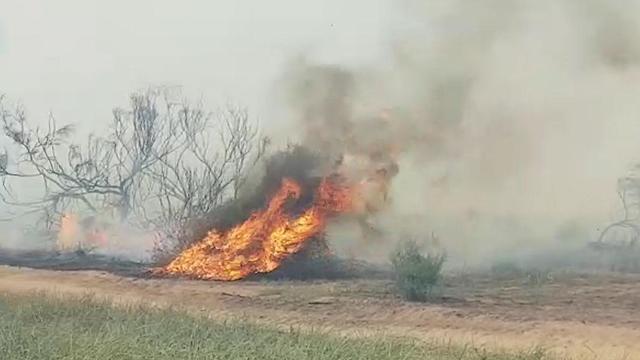
In addition, after three large military operations against Gaza, we can divide them into two types: operations that can dramatically improve conditions versus operations that can restore the prior conditions of relative calm.
The Israeli public - whether we speak of Hezbollah in Lebanon or Hamas in Gaza - would like to achieve a dramatic improvement through a crushing victory over the enemy, but it is only willing to pay the price of the second type, restoring calm.
Unfortunately, this is an impossible combination, and it is about time we accept that.
Another lesson concerns the mistaken assumption that a successful ground operation would require conquering the whole Gaza Strip.
In reality, it seems that between the two ends of the spectrum - reactive combat versus complete conquest of the Strip - there are also other military possibilities that would allow for the concentration of the ground offensive against the enemy's centers of power, without needing to physically enter every neighborhood or alleyway.
The final lesson gets to the painful question of fallen Israeli soldiers, Oron Shaul and Hadar Goldin, whose bodies are still held in Gaza.
For several years, Israel has made the same mistake and agreed that the negotiations over exchanging prisoners and bodies would take place separately from the negotiations over coming to an understanding with Hamas.
This is a mistake because our enemies, whether Hezbollah or Hamas, will always have better leverage. Therefore, we should package these negotiations with other issues.
For example, after the 2009 Operation Cast Lead, we should have agreed to international pressure to open access for humanitarian aide to Gaza only as part of a more general humanitarian deal.
This deal would have seen the return of Israeli soldier Gilad Shalit (who was held by Hamas for nearly five years, from 2006-2011), in exchange for the appropriate number of militants.
But, in Israel, what can we do if the norm is to start an emergency discussion with the cabinet only when there is escalation around Gaza, instead of discussing these core issues right now. That would give the Israeli government the chance to make decisions before its under fire.
Major General (res.) Giora Eiland is the former head of the Israeli National Security Council and the IDF's Strategic Planning.










